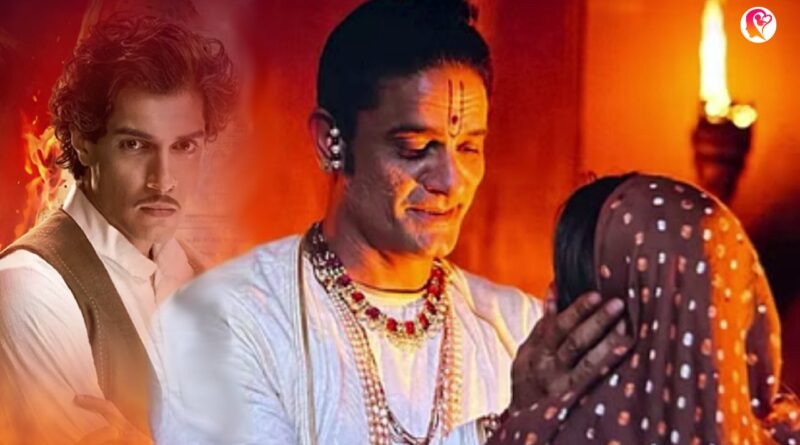Maharaj NETFLIX Movie Review : Junaid Khan Debut Film
Highlights of Article
Introduction
Yash Raj Films’ “Maharaj” released on Netflix after the Gujarat High Court lifted the temporary stay. After three days of court arguments and the judge previewing the film, the stay was lifted. The film was immediately released in the evening to take advantage of the weekend audience.
Plot Overview
“Maharaj” is the story of Karsandas Mulji, a Vaishnavite youth in 19th century Mumbai, and his struggle against the Vaishnav Maharaj “JJ” who controls the Haveli temple. Maharaj, referred to as JJ in the film, exploits his position by having sexual relations with several female disciples under the guise of ‘charan seva’ (charan seva pratha), which he describes as a tradition.
The film begins with a young Karsandas Mulji questioning his parents about their daily temple visits and the offerings given in yajna rituals. His questioning nature is visible right from the beginning, as he wonders if the yajna fire knows the location of God.
Adaptation and themes
Adapted from Gujarati writer Saurabh Shah’s novel “Maharaj”, this film shows shocking instances, where Maharaj’s sexual activities with disciple girls are observed from windows by religious Vaishnavs, in return money is deposited with Maharaj’s assistant. Maharaj justifies these acts as tan rasik seva dedicated to God. Karsandas Mulji’s world falls apart when he sees his fiancée also performing charan seva with Maharaj, leading to their breakup and later she commits suicide. This tragic incident prompts Karsandas to challenge Maharaj, who retaliates by locking the gates of the haveli, announcing that ‘Our Shreeji Maharaj is on dharna and haveli is on strike’ until Karsandas Mulji accepts his mistake and ask for pardon from JJ.
Determined, Karsandas starts his own newspaper and publishes articles against Maharaj. This bold move results in a defamation suit, where Maharaj demands damages of Rs 50,000. During the trial, 32 women testify against Maharaj and a doctor reveals that he has syphilis, further tarnishing his image.
Dialogues and acting
The film’s dialogues highlight the corrupt nature of religious institutions. Lalvanji Maharaj says, “The haveli has swallowed many people and it has become a cannibal.” Karsandas says that his fight is not against religion but against the guardians of religion.
However, the film falters in execution. Junaid Khan, son of noted actor Aamir Khan, has given a below-average performance, raising questions on nepotism. After a promising start, the film’s pace slows down and after an hour it becomes predictable, making it fail to keep the audience engaged. It ends with a message urging direct worship of God without intermediaries like temples, idols or individuals – a point that is left open to interpretation.
Characters
Karsandas Mulji (Performed by “Junaid Khan”): A determined journalist and reformist.
Jadunathji Brijratanji Maharaj “JJ” (Performed by “Jaideep Ahlawat”): A powerful religious leader accused of exploitation.
Theme
The film explores themes of truth, justice and the role of journalism in social reforms. It highlights the struggle against entrenched social norms and religious corruption.
Performances
Junaid Khan’s debut performance as Mulji is grim but has been considered “strictly acceptable” by critics. Jaideep Ahlawat, who plays the villain, has given a brilliant performance, giving an impressive portrayal of a corrupt religious man.
Direction and cinematography
Directed by Siddharth P. Malhotra, the film has an engaging narrative but has been criticised for its exaggerated Yash Raj-style elements. The cinematography has captured the period setting well, though some elements seem generic.




